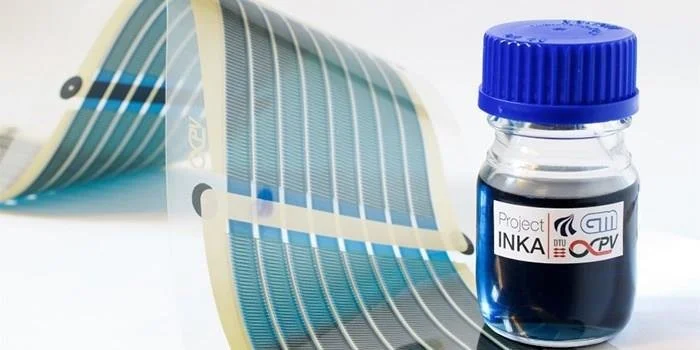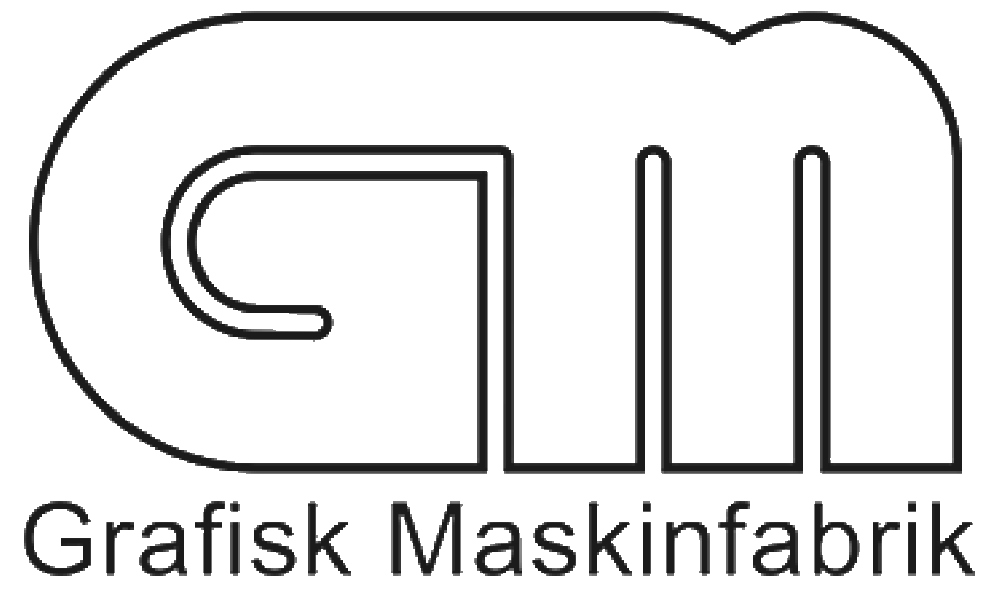INKA - Inks for large-scale processing of polymer solar cells
The INKA project is sponsored by Innovation Fund Denmark as a collaboration between DTU, AAU, Grafisk Maskinfabrik, and infinityPV.
The project covers all the important aspects from first-principles modeling of novel light-absorbing polymers, to chemical synthesis and processing of inks, to demonstration and testing of the inks in an industrial environment. The role of infinityPV is to supply solar cells, inks, materials, and services for the polymer solar cell processing.
Technology
Polymer solar cells are a promising alternative to tradional silicon solar cells, having the potential of a substantially lower production cost. A polymer solar cell consists of a number of thin layers deposited one by one on a carrier foil using roll-to-roll processes known from the printing industry. Each layer is printed using a particular, highly specialised ink containing the required material. Today, good inks exist for all the layers of the solar cell, except for the important active layer in which the energy of the sun is converted into electrical energy. The lack of an ink for the active layer with the necessary properties, and in the quantities needed industrial production, is a major hindrance to the spread of the technology.
Project
The purpose of the project INKA – Inks for large-scale processing of polymer solar cells is to develop an ink for the printing of the active layer of the solar cell, but also to ensure high compatibility between this ink and industrial printing machines. The research and development will start from the requirements of the solar cell and its manufacture. These requirements are then translated into specific requirements to the composition and print properties of the ink and to the printing machine.
Results
The main result of the project will be a robust ink enabling mass production of polymer solar cells with an efficiency of at least six percent in the conversion of solar energy into electricity. This is more than double the efficiency at the initiation of the project. To reach this ambitious goal it is necessary to develop a polymer which can efficiently capture and convert the solar energy to electrical energy, and which can be realized in an industrially printed ink. This means that the polymer must be able to be manufactured in large quantities and with fully scalable methods. Industrial print-ability also implies automation of the printing process to increase reproducibility and reduce waste.






